Keywords: Jewish
There are more than 200 results, only the first 200 are displayed here.
-
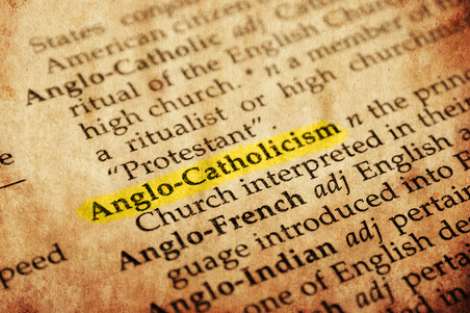
RELIGION
- Kevin Donnelly
- 31 August 2015
23 Comments
Various state based legislation argues that education in government schools should be secular in nature, but it does not rule out a place for religion in the general curriculum. To argue that religions should have a greater place in the school curriculum is not to proselytise. Rather it is to recognise that, while we are a secular society, students need to encounter a more transcendent sense of life that incorporates a strong moral, spiritual and ethical dimension.
READ MORE 
-
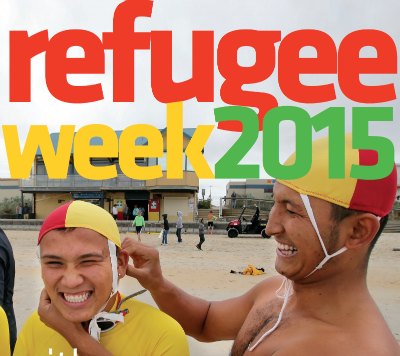
AUSTRALIA
- Andrew Hamilton
- 18 June 2015
13 Comments
Refugee Week has been overshadowed by stories of harsh new laws, reports of government misbehaviour and ministerial silence. Regrettably hostility towards asylum seekers is widespread. We must look beyond this crabbed little world to imagine a polity in which states cooperate to change the conditions that force refugees to flee.
READ MORE 
-

'We were told to 'believe' that God could perform miracles, but this was a false lead in terms of what we now know about sacred discourse in the holy lands. This literalism was used against other religions to prove the supremacy of Christianity, but ironically it is what turned the majority of Europeans and Australians off religion as education has swept through Western nations in recent times.' David Tacey reflects on faith and belief. Andrew Hamilton replies.
READ MORE
-
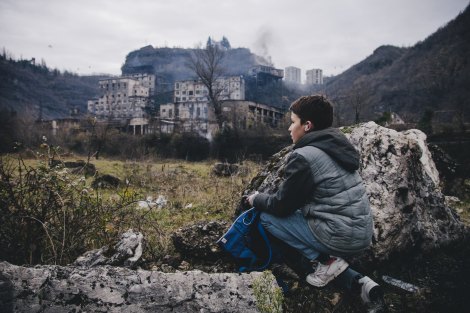
ARTS AND CULTURE
- Tim Kroenert
- 04 June 2015
The children, their mothers and overseer inhabit a world all their own, morally as well as geographically. They know little but the rustic textures of life inside the compound; where every Friday they paint their faces like jungle animals and sing karaoke as a reward for a good week's killing. Even during their bloody errands, the urban landscape evokes a Martian dereliction. Only Alexander has started to smell danger.
READ MORE 
-
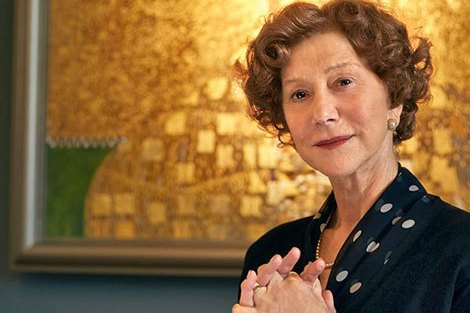
ARTS AND CULTURE
Maria's aunt was the subject of one of Austria's most famous artworks, Portrait of Adele Bloch-Bauer I, by the painter Gustav Klimt, which was stolen from Maria's family by the Nazis during the Second World War. Maria's story raises questions about the means and consequences of individuals and nations coming to terms with difficult histories, and of what constitutes 'ownership' of cultural artefacts with a high level of national significance.
READ MORE 
-
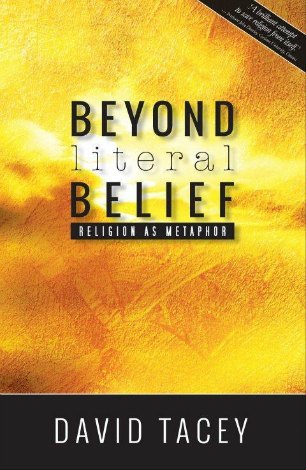
AUSTRALIA
- Andrew Hamilton
- 14 May 2015
50 Comments
Australian writer David Tacey argues that the Christian story, like all religious beliefs, should be seen as metaphor. He argues that in turning from a literal understanding, we recapture the original Christian message. But for me, adopting his reading would mean the loss of a personal God to whom I can pray, of a Christ who is a living presence among his followers, and of a community in living continuity with Jesus' disciples.
READ MORE 
-
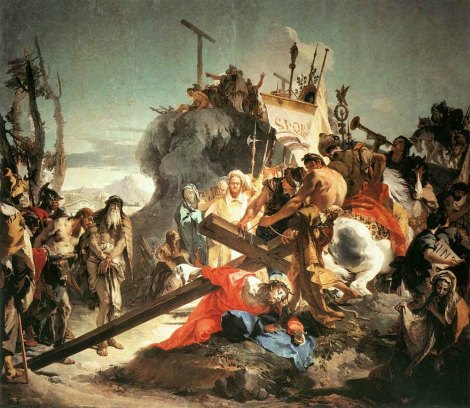
AUSTRALIA
- Andrew Hamilton
- 02 April 2015
8 Comments
Jokes are also part of the story of Jesus’ killing. They are not harmless, but are bitter mockery. After Jesus is sentenced he is mocked by the bored soldiers guarding him. As he hangs writhing on the cross, the bystanders and the local authorities also mock him because he claimed to be the Son of God.
READ MORE 
-
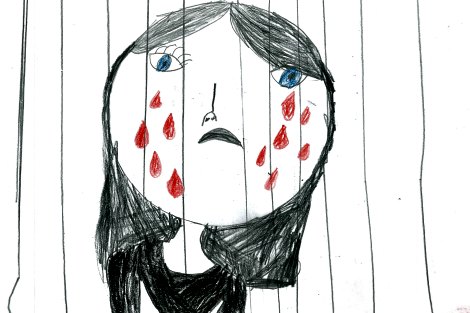
ARTS AND CULTURE
- Gillian Bouras
- 25 February 2015
10 Comments
Children have always suffered and been exploited. Only recently have been regarded as being children at all, rather than mini-people. Reformers like Dickens raised consciousness beginning in the 19th century. Bombs are raining on children in Syria and elsewhere. Not so Australia, but many are being damaged nonetheless. The Australian Human Rights Commission is having to defend its report on Immigration Detention from critics that include the Prime Minister.
READ MORE 
-

EUREKA STREET TV
- Peter Kirkwood
- 18 February 2015
READ MORE 
-
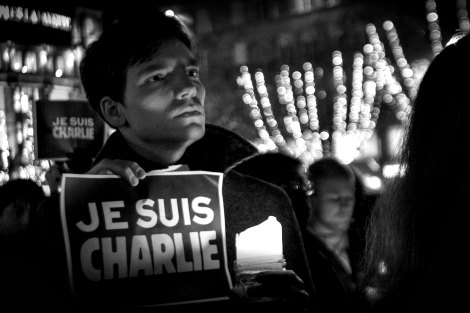
AUSTRALIA
- Andrew Hamilton
- 22 January 2015
17 Comments
The Martin Place and Paris killings both generated hashtags that focused popular response. Their simplicity allowed people to express instantly their solidarity with victims and rejection of violence. But they also raised complex questions about the responsible use of freedom.
READ MORE 
-
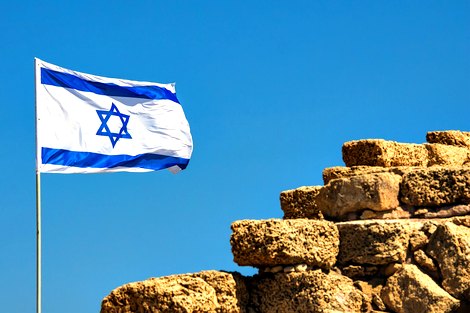
RELIGION
- Lawrence Cross
- 21 January 2015
30 Comments
Israel is demanding to be recognised as a Jewish state. The corollary is that they have an interest in getting Christians out. On the Palestinian side, the Islamic influence has been intensifying for decades. Fundamentalism creates the perfect audience for the disinformation and propaganda that masks the slaughter of some of the world's oldest Christian groups.
READ MORE 
-
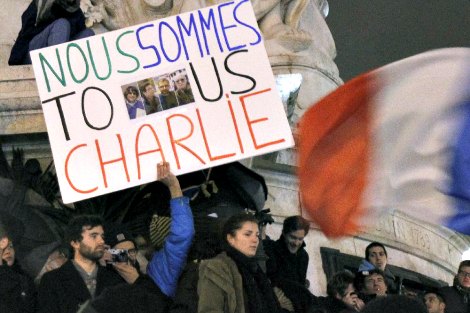
INTERNATIONAL
- Justin Glyn
- 19 January 2015
18 Comments
According to large sections of the media, 'we' are all Charlie now. While it is absolutely right that we stand with the victims and their families in grief and outrage at the terrible acts that took place in Paris earlier this month, predictably we have been told that we should, as a corollary, also defend people’s rights to say what they like, no matter how hurtful it may be.
READ MORE 